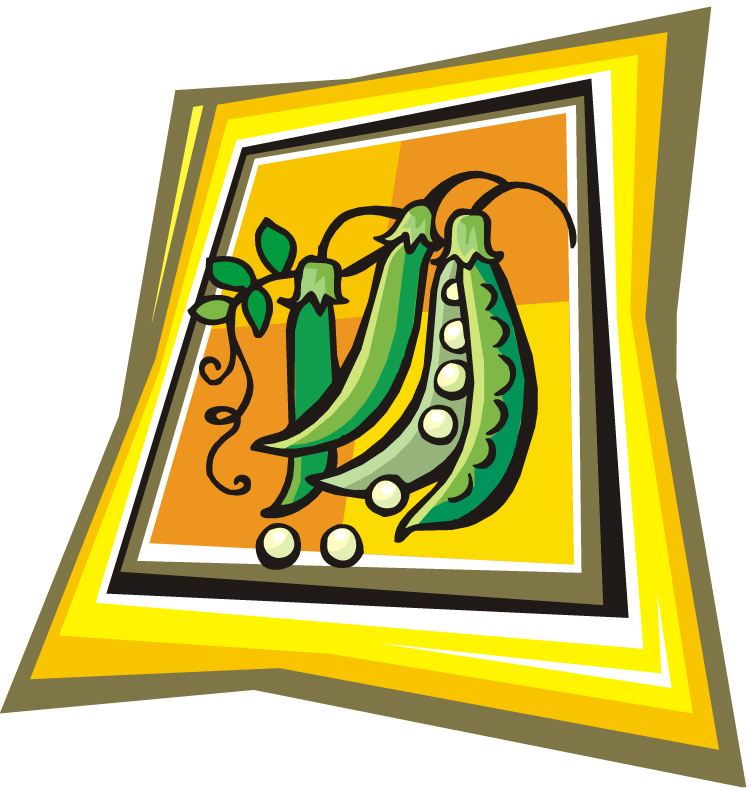
This made me think about what a difficult task it would have been if they had tried to translate the food names into Spanish. As a translator one of the biggest challenges that I find is exactly that, translating food names. To translate peas should I use guisantes, chícharos, petit pois or arvejas? For beans should I use habas, judías, frijoles, fríjoles, porotos or habichuelas? For green beans I could use chauchas, habichuelas tiernas, vainicas, judías verdes, porotos verdes, ejotes… As you can see, translating food names can be quite time consuming.
A few months ago we discussed the importance of knowing the target market, and in this case it is fundamental. If the translation is intended for Costa Rica, for example, it doesn’t make sense to talk about batatas (sweet potatoes), patatas (potatoes), or mandiocas (cassavas). Also if our target readers are in Argentina, we wouldn’t offer them camotes (sweet potatoes), cebollinos (green onions), or fresas (strawberries).
And (just to give translators a headache) names of dishes also change. As is the case in Beijing, a dish such as chop suey means something different from country to country. Or a cake could be un queque, una torta, or un pastel.
But what happens if the text is destined for various regions? Or if we receive the specification that it should be in “Neutral Spanish”? There is no easy recipe for these kinds of cases, so it is worth researching and taking into account which words are most commonly used, or which are easiest to recognize.
At Trusted Translations we have a team of translators from a broad range of countries, ready to resolve these culinary puzzles. So don’t hesitate to contact us if you’d like to avoid confusiones, bodrios, sancochos or bazofios (confusions, messes, getting into a stew, pigswills.) Bon appetit!





